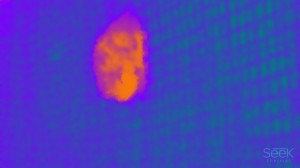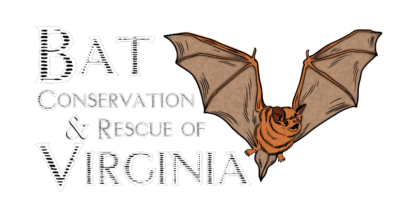Baturday News is a weekly blog written by Rachael, a middle school student and Save Lucy volunteer. Rachael’s interest in bats was sparked by the big brown bats that used the outside of her former home for a winter roost. Her family cheerfully hosted the wild colony for years.

Hi everyone! I am so happy! There is some kind of good news in WNS research. It’s too early to get too excited, but it looks good to me.
There is a microbe called Candida albicans that might help fight against white-nose syndrome. Candida albicans lives in many species. It even lives in the intestines of humans. Anyway, scientists from the University of Illinois have discovered that a compound produced by C. albicans called tt-farnesol can inhibit the fungus that causes WNS.
One of the scientists said that inoculating hibernating bats with the microbes might increase the bats’ chances of surviving. I think that’s awesome news!
Another good piece of news in the fight against WNS is that a common bacterium might also help fight the disease. The bacterium is called Rhodococcus rhodochrous and it’s found in the soil all over North America.
Scientists have also discovered that some of the drugs used to fight HIV/AIDS and hepatitis C might also help bats.
With all these new discoveries, it’s hard not to get excited. I hope that at least one of these things actually really works.
You can read about the studies here: http://news.discovery.com/animals/cave-microbe-may-aid-bats-in-white-nose-syndrome-fight-150722.htm and http://news.discovery.com/animals/common-bacterium-cures-bats-white-nose-syndrome-150515.htm
